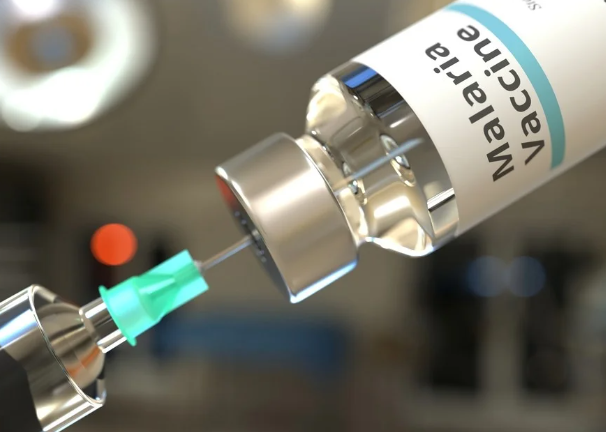The World Health Organisation on Thursday added the R21/Matrix-M malaria vaccine to its list of prequalified vaccines.
In October 2023, WHO recommended its use for the prevention of malaria in children following the advice of the WHO Strategic Advisory Group of Experts on Immunisation and the Malaria Policy Advisory Group.
The prequalification means larger access to vaccines as a key tool to prevent malaria in children with it being a prerequisite for vaccine procurement by UNICEF and funding support for deployment by Gavi, the Vaccine Alliance.
The R21 vaccine is the second malaria vaccine prequalified by WHO, following the RTS, S/AS01 vaccine which obtained prequalification status in July 2022. Both vaccines are shown to be safe and effective in clinical trials, for preventing malaria in children.
When implemented broadly, along with other recommended malaria control interventions, they are expected to have a high public health impact, according to the statement posted on WHO’s website.
The National Agency for Food and Drug Administration and Control had in April approved the vaccine, making Nigeria the second country to approve it, after Ghana.
Malaria, a mosquito-borne disease, places a particularly high burden on children in the African Region, where nearly half a million children die from the disease each year. Globally, in 2022, there were an estimated 249 million malaria cases and 608,000 malaria deaths across 85 countries.
“The prequalification of the world’s second malaria vaccine, developed by Oxford University and manufactured by Serum Institute of India, is poised to expand access to malaria prevention through vaccination.
“Demand for malaria vaccines is high but the supply has thus far been limited. The availability of two WHO recommended and prequalified malaria vaccines is expected to increase supply to meet the high demand from African countries and result in sufficient vaccine doses to benefit all children living in areas where malaria is a significant public health risk,” the statement noted.
The Director of the Department of Regulation and Prequalification at WHO said, Rogério Gaspar, “Achieving WHO vaccine prequalification ensures that vaccines used in global immunisation programmes are safe and effective within their conditions of use in the targeted health systems. WHO evaluates multiple products for prequalification each year and core to this work is ensuring greater access to safe, effective and quality health products”.
The Director of WHO’s Department of Immunisation, Vaccines and Biologicals, Kate O’Brien, said, “Today marks a huge stride in global health as we welcome the prequalification of R21/Matrix-M, the second malaria vaccine recommended for children in malaria endemic areas.
“This achievement underscores our relentless commitment to wiping out malaria which remains a formidable foe causing child suffering and death. This is another step toward ensuring a healthier, more resilient future for those who have lived for too long in fear of what malaria could do to their children. Together with our partners, we are united in the pursuit of a malaria-free future, where every life is shielded from the threat of this disease.”









